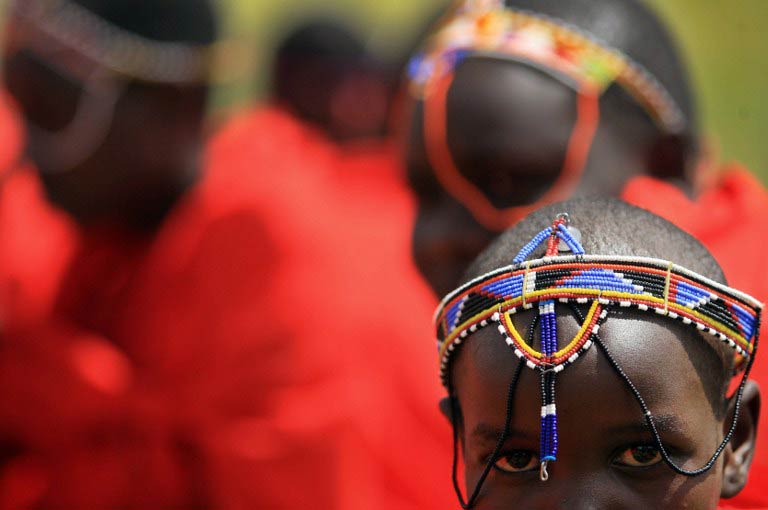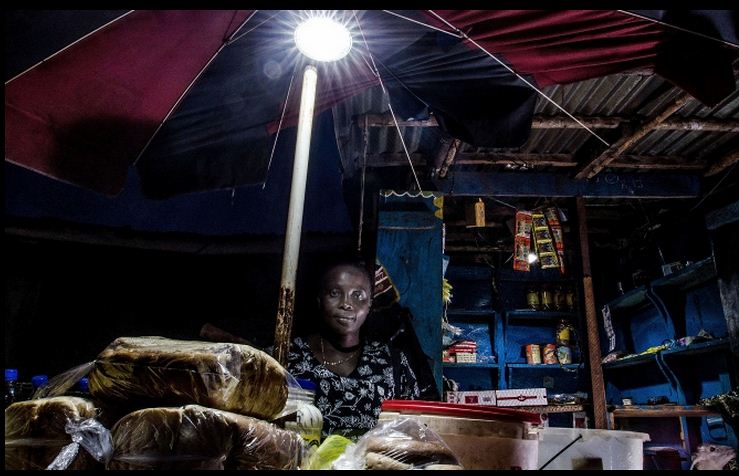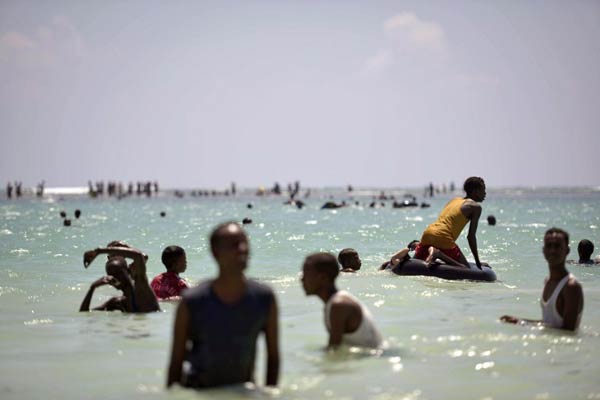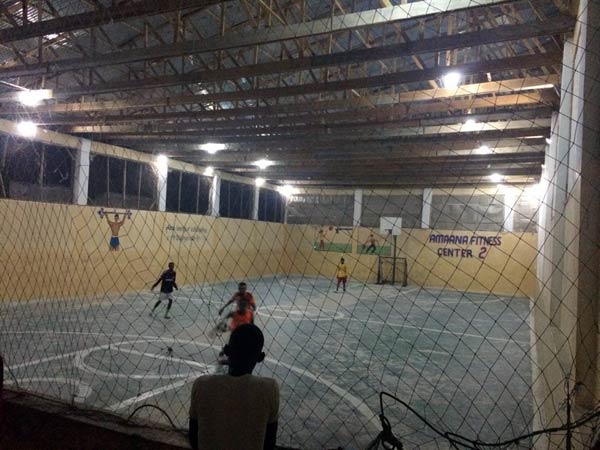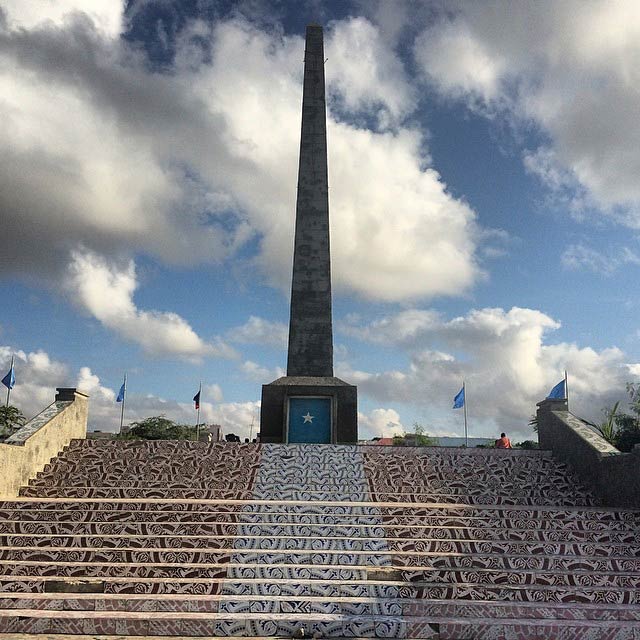Africa needs a new feminism. A feminism that rises from the throats of ungovernable women, rolls down the backs of intellectually curious young men, and trickles down from every corner of government to reinvigorate the cultures of our continent, cultures that were greyed out by years of colonialism and the subsequent years of preoccupied capitalism. The feminism of Africa cannot be the same as the feminism of the West.
The cries of western feminists, seemingly weighed down by the apparent woes of suburban housewifery and the very troubling issue of beauty in the mainstream media, are swallowed up by the Atlantic Ocean before the old African woman even has time to tie a hungry grandchild to her back, or the new African woman can use her entry-level salary to take care of a mismatch of relatives who Did Not Have Her Opportunities.
My feminism cannot be the same as that of my western counterpart. As tempting as it may be to sidle up next to a fellow soft-breasted twenty-year-old and talk heatedly about what Beyonce’s ‘suggestive’ gyrating means for ‘respectability politics’, I am not yet there. As fun as it appears to be to park onto a social network and turn my woes into a trending topic, I must remember my place. For my place is not the same as that of a woman in a first-world country – no matter how identical our birthdays are, no matter how “universal” female suffering is. We are not the same.
So why should my feminism be the same?
I am an Africanist. A third generation independent African, my father and mother were born just a couple of years shy of their respective countries’ heated dash from the clutches of a tired Britain. My task is not a simple task – my debt to the continent has not been paid. But I am only one of the few that realises that we owe the continent more than it does us. And I will be damned if Africa loses another young, energetic, liberated mind to the lazy glamour of participating in western feminism’s weak assault on society.
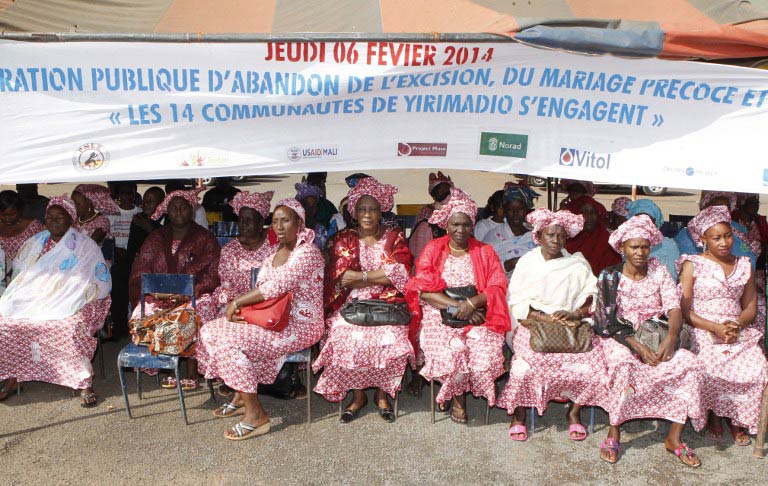
African feminism has bigger fish to fry. Tasked with the burden of taking the blame for decades of societal degrade – alleged to be picking up where colonialism left off; the crumbs of African traditions are swept to the feet of the African feminist and she is expected not to accidentally crush them. When feminism or any allusion to gender equality is mentioned in a room full of traditionalists, self-proclaimed and otherwise, the voices shouting about the “un-Africanness” of a notion as simple as women’s rights are often all one can hear over the murmurs of those only beginning to find comfort in the idea.
But this cannot go on.
For all the other movements (like the pure socialism of African freedom fighters of the past) are dead and capitalism has swept up my generation of Africans into a sea of perpetual desire, too busy copying American consumerism to actively participate in the reshaping of the African political landscape. Many more are too busy simply trying to stay afloat with western debt-collectors chopping away at their sodden feet. They cannot express interest in feminism thought processes – especially if said thought processes seem to be limited to concerns common to first-world women only.
So Africa needs a new feminism, one that recognises that the young men of this continent, though allegedly protected by the warm veil of patriarchy, are as much at risk for poverty, disease and hunger as women are; one that recognises that after two or three generations of single-parent homes, young men have little to no idea of what it means to be a man and are left to grab blindly at caricatures of sexist male figures for guidance. Africa needs a feminism that sees that it is the last original attempt to take our cultures into our own hands and shape young men and women that can lead this place away from the greedy claws of ‘foreign investors’; away from the cement-like clutches of heads of state too old to care; away from the exploitative ideologies of fly-by-night politicians.
Africa needs a new feminism, because it’s our last hope.
Siyanda Mohutsiwa is a 20-year-old Mathematics major at the University of Botswana. She blogs at siyandawrites.com. Follow her on Twitter: @SiyandaWrites
